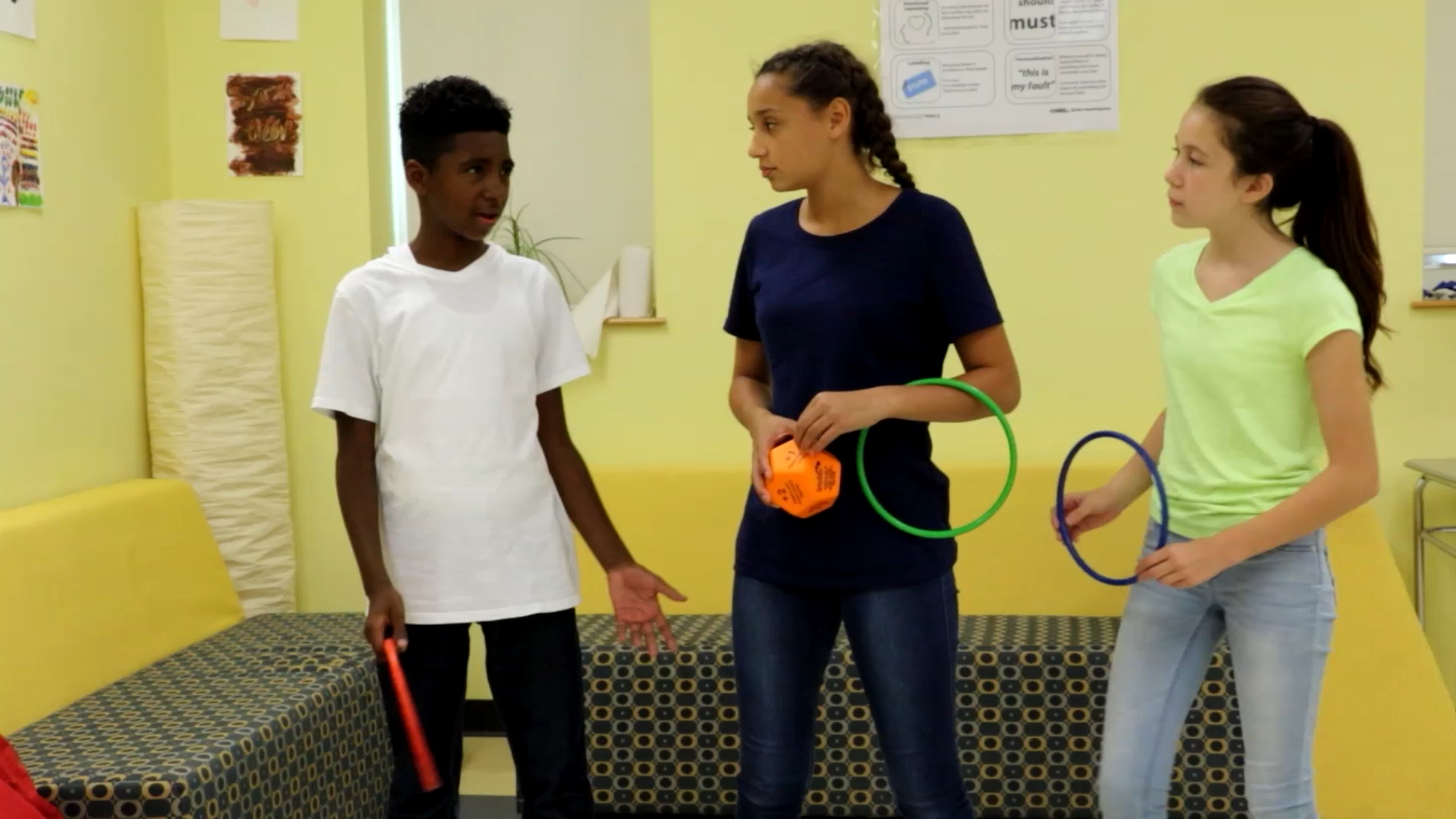
When students engage in group activities, effective communication and collaboration are essential for creating a positive and enjoyable experience. By promoting the principles of Social-Emotional Learning, educators can help students learn to share their ideas, listen to others, and develop a sense of compromise. In this blog post, we will explore a simple no-prep activity that fosters collaboration, discuss related questions, and provide additional resources for educators.
No-Prep Activity: The Idea Relay
This activity requires no preparation or materials and is designed to encourage students to share their ideas and practice active listening. Here’s how it works:
- Divide the class into small groups of 4-5 students.
- Ask each group to choose a topic or theme for a collaborative story, game, or project.
- One student starts by sharing an idea related to the chosen topic.
- The next student listens to the first idea, then builds upon it by adding their own idea.
- Each student takes turns sharing and building upon the previous ideas until everyone has had a chance to contribute.
- Finally, the group discusses the final product and reflects on the collaborative process.
This activity encourages students to listen to their peers, share their ideas, and learn to compromise for the benefit of the group.
Discussion Questions
After completing the activity, engage your students in a discussion with the following questions:
- How did it feel to share your ideas and listen to others during the activity?
- What challenges did you face when trying to build upon the ideas of your group members?
- How did the group make decisions and reach a compromise during the activity?
- What did you learn about the importance of collaboration and communication in group settings?
- How can you apply these skills to other activities and situations in your daily life?
Related Skills
Beyond collaboration and idea-sharing, there are several other relevant skills that can help students succeed in group activities and social interactions. These include:
- Active listening: Paying close attention to what others are saying and responding thoughtfully.
- Empathy: Understanding and sharing the feelings of others.
- Assertiveness: Expressing one’s own thoughts and feelings in a respectful and confident manner.
- Conflict resolution: Addressing disagreements or misunderstandings in a constructive and non-confrontational way.
Next Steps
If you’re interested in exploring more activities and resources that promote Social-Emotional Learning, sign up for free samples of skill-building materials at Everyday Speech. By incorporating these principles into your teaching, you can help students develop essential skills for effective communication, collaboration, and emotional well-being.

